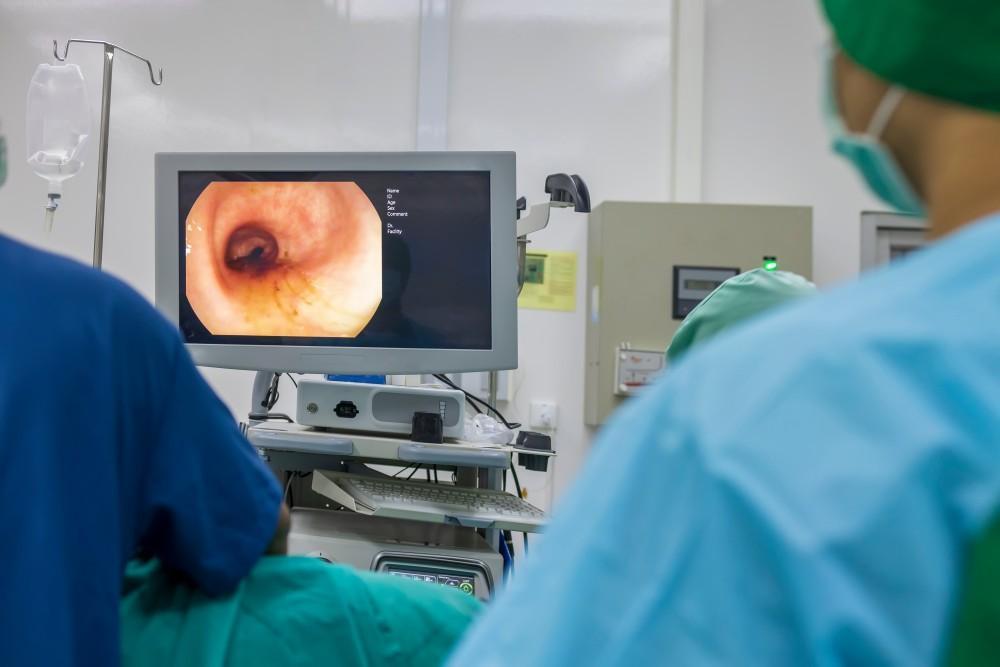
The Link Between Chronic Constipation and Pelvic Floor Dysfunction

When you’re constipated, your first thoughts about why may revolve around your diet. You may add fiber to your daily intake, or eat more fruits and vegetables. But when those steps don’t resolve your issue, your chronic constipation may be due to pelvic floor dysfunction.
In fact, about half of women and men who struggle with chronic constipation have an issue with their pelvic floor. Your pelvic floor is a series of muscles that act like a sling in your lower pelvis to support key gastrointestinal, reproductive, and eliminatory organs.
Both persons assigned female at birth (AFAB) and those assigned male (AMAB) may experience pelvic floor problems. When your pelvic floor muscles weaken due to trauma or time, the lack of support can have negative effects on your:
- Bladder
- Urethra
- Large intestine
- Rectum
- Anus
- Vagina (AFAB)
- Uterus (AFAB)
- Prostate (AMAB)
At Colon and Rectal Surgeons of Greater Hartford, our team advises a fiber-rich, whole-foods diet, and regular exercise to keep your bowel movements regular. However, if your pelvic floor is weak or damaged, we may also recommend other interventions.
How does your pelvic floor cause constipation? Following are some of the most common pelvic floor conditions that can slow or impede defecation.
Pelvic floor prolapse
Pelvic floor prolapse occurs when your pelvic floor muscles are too weak to support your organs. AFAB are likely to experience this more often than AMAB, because male pelvises are narrower and so don’t need as much support. In addition, males avoid the stresses and strains of pregnancy and childbirth.
Nevertheless, if you’re a man or AMAB, you could still experience pelvic floor prolapse. In such instances, your bladder or rectum droops or bulges downward, making your rectum feel full.
Rectocele
Rectocele is a type of pelvic floor prolapse, which occurs when your muscles and ligaments are so weak that the organs they support begin to droop or fall downward. Rectocele only affects the reproductive organs of AFAB people. Types of rectocele include:
- Bladder bulges into vagina
- Uterus sags into vagina
- Top of vagina sinks downward
The sensation of pressure within your vagina causes you to feel as if you haven’t fully evacuated after defecation. In severe cases, the prolapse droops out of the vagina or anus.
Obstructed defecation
With obstructed defecation, something physically blocks your rectum so it’s more difficult to have a bowel movement. It may be caused by a rectocele or by external or internal prolapse in the rectum.
Sometimes, obstructed defecation occurs because your pelvic floor muscles can’t coordinate well enough to relax. Without sufficient relaxation, your bowels won’t move on their own. You may find yourself pushing or straining to defecate.
Levator syndrome
In levator syndrome, your pelvic floor muscles may spasm or become inflamed, which causes pain and pressure throughout the pelvic area. You may experience discomfort, pressure, or intense, fleeting pain in areas such as your:
- Rectum
- Anus
- Rear of pelvis
- Tailbone
You may even awaken in the middle of the night due the pain of spasming pelvic floor muscles.
How to treat pelvic floor dysfunction
If we determine that your pelvic floor muscles are at the root of, or contribute to, your chronic constipation, we then devise a treatment plan. Whenever possible, we encourage lifestyle changes first, such as a high-fiber, whole-foods diet with plenty of exercise. Other treatments may include:
- Pelvic floor training
- Biofeedback
- Anti-inflammatory injections
- Anesthetic injections
- Surgery (rare)
Find relief for your chronic constipation by getting a pelvic floor examination and analysis today. Call us at 860-242-8591, or schedule your appointment online at our Bloomfield, South Windsor, or Plainville, Connecticut, clinics.
You Might Also Enjoy...


What Happens When an Abscess Is Left Untreated?

Bathroom Habits That Actually Damage Your Colon Health

Why You Might Need an Anal Pap Smear — Plus, How to Prepare

How a Colonoscopy Can Save Your Life


